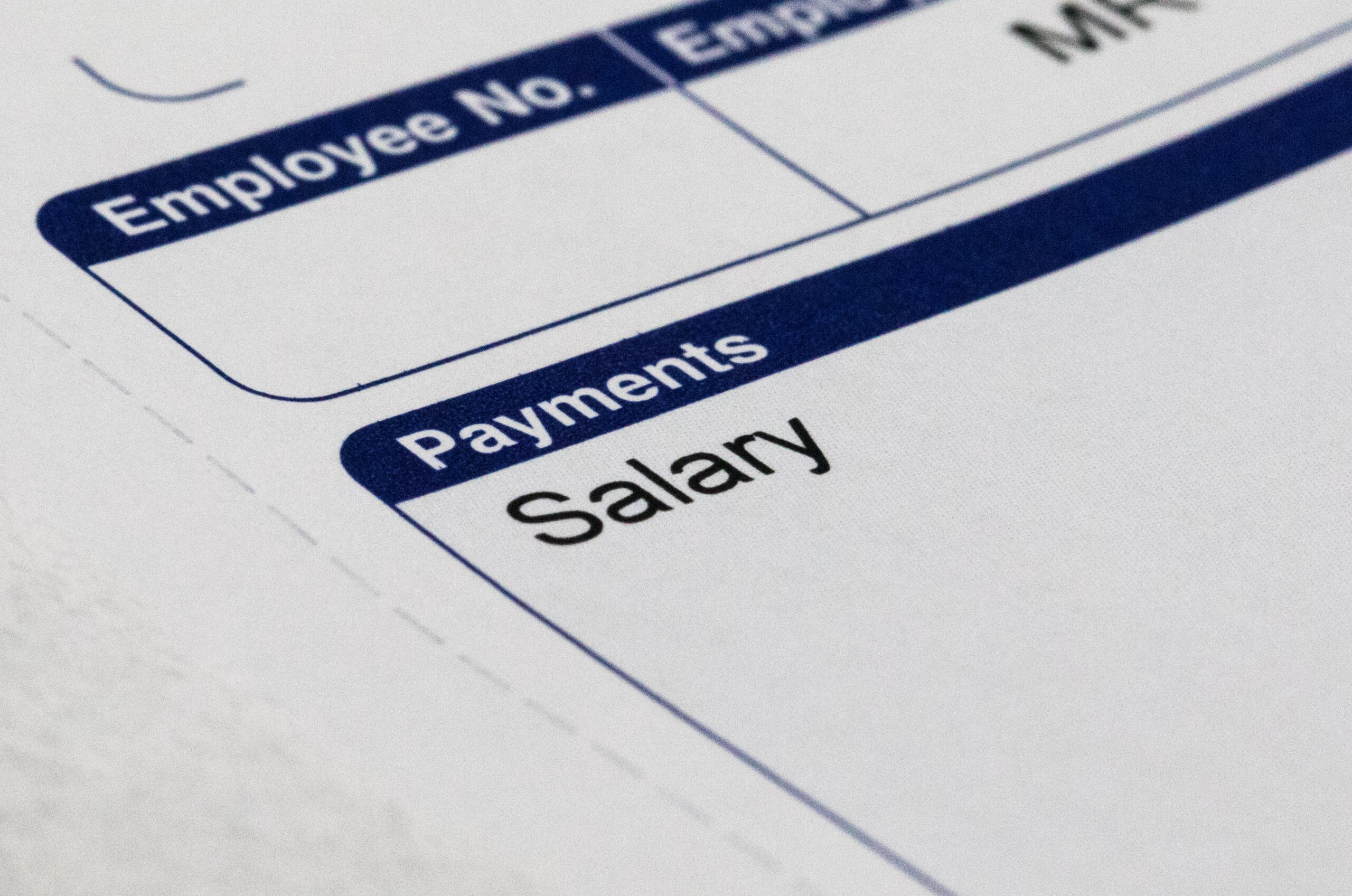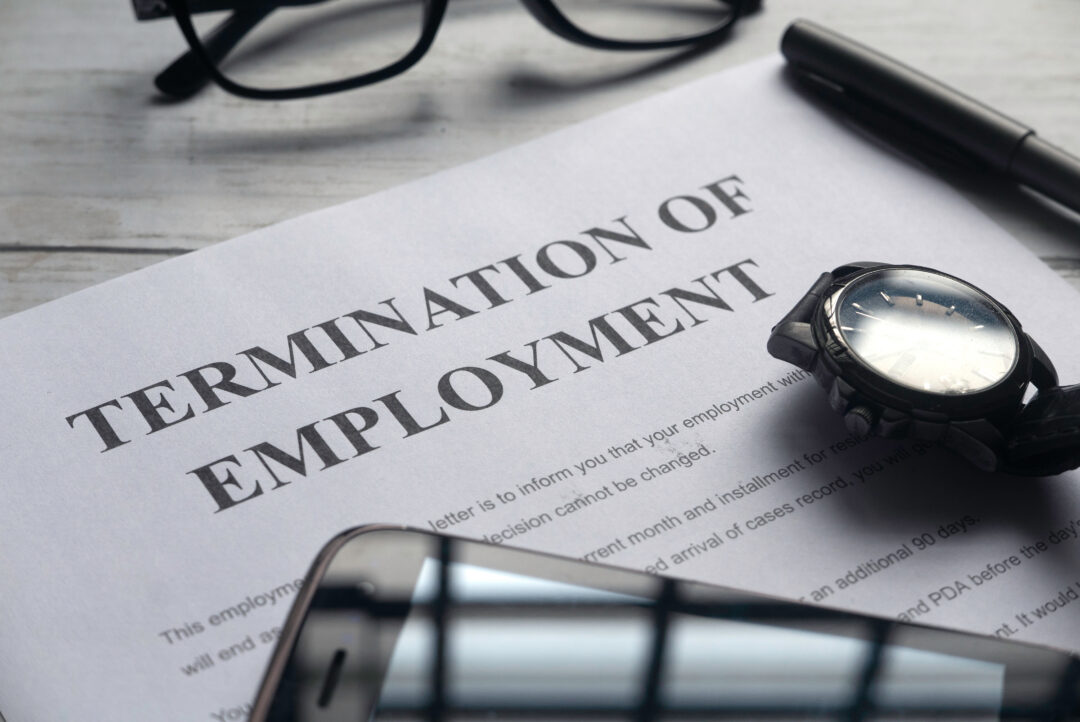Employment Alert – Extension Of Worker’s Rights To Claim Historic Underpayments

What’s happening?
Chief Constable of Police Service of Northern Ireland v Agnew has been decided by the UK Supreme Court. In the case, the claimant had historically received lower basic pay when on holiday rather than their normal pay (which included a sum for typical overtime). This constituted an unlawful deduction from wages.
The Employment Rights Act 1996 allows for claimants to reclaim a ‘series’ of unlawful deductions. Previously, in Bear Scotland v Fulton [2014], the Employment Appeal Tribunal held that unlawful deductions would cease to be a ‘series’ if the deductions were more than 3 months apart.
The UK Supreme Court overturned this principle, stating that what constituted a ‘series’ was a matter of fact to be interpreted in light of the specific circumstances and that a gap of over 3 months did not necessarily break the chain.
Why is this important?
The case widens the protections available to workers in recovering unlawful deductions.
What is the same?
The UK Supreme Court held that a court or tribunal claim would still need to be brought within 3 months of the last in the ‘series’ of unlawful deductions.
The Employment Rights Act 1996 still provides a backstop in English and Welsh law preventing recovery of underpayments more than 2 years from the last underpayment.
What has changed?
The UK Supreme court held that whether a pattern of underpayments constitutes a ‘series’ is a question of fact and not strict time limits. In assessing this the court will consider:
• The similarities and differences between the deductions;
• The frequency of deductions;
• The size and impact of deductions;
• The cause of the deductions; and
• Other relevant circumstances.
What should you do?
This change widens the scope for more workers to bring claims for unlawful deductions from wages.
As a side point, it is always useful to have a ‘right to deduct’ clause in your employment contracts. Without it, some deductions will be unlawful.
If you would like to talk to our expert Employment team, please please call us on 0800 2800 421 or contact us using the form below.












